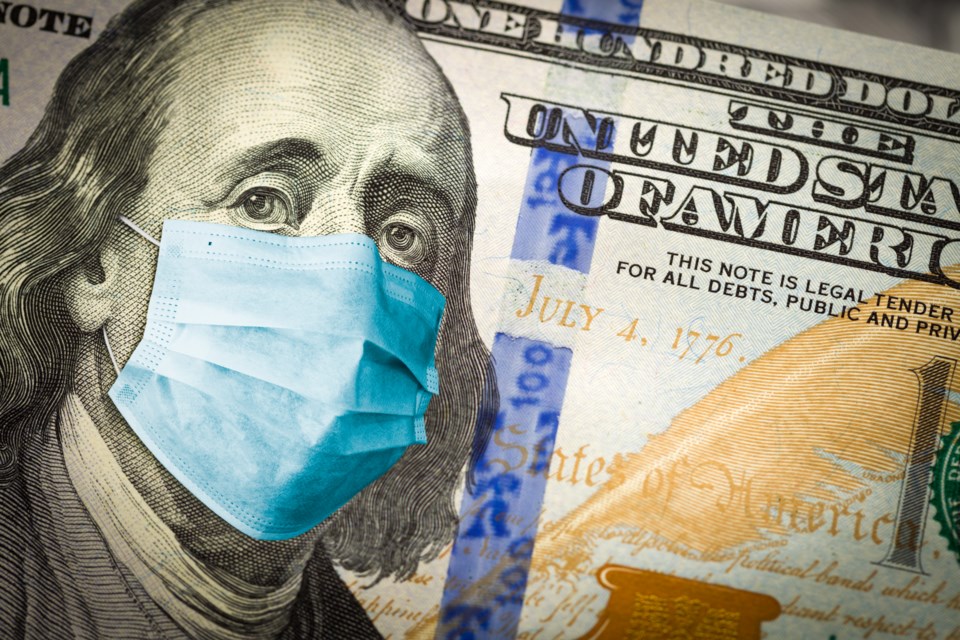DENVER (AP) — Colorado state government revenues this year will be significantly higher than expected as the economy recovers from the coronavirus pandemic, but that recovery is marked by gross disparities, particularly when it comes to the restaurant and tourism industries and jobs lost by lower-income wage earners, officials said Friday.
Two economic forecasts presented to the Joint Budget Committee suggest lawmakers will have more to spend in crafting a balanced budget than they did last year. But demands for that money are many, including restoring the budget cuts, ensuring ambitious stimulus plans are funded, and replenishing a rainy day reserve fund.
The quarterly forecast from legislative economists suggested legislators will have $5.3 billion, or 45% more to spend or save for the fiscal year that starts July 1 than the current year. That amount includes reserves carried over from this year and sustained income and sales tax revenue that reflects, in part, recovery driven with the introduction of COVID-19 vaccines. It doesn't include any projected benefits from the Biden administration's new stimulus plan.
Colorado's key hospitality and restaurant industries continue to suffer, and overall, the state has recovered just 57% of all jobs lost since the pandemic began, the legislative report said. Jobs for low-income individuals are down 30% from pre-pandemic levels, compared to a slight increase for high income earners, the forecast said.
A quarterly forecast from the governor's Office of State Planning and Budgeting suggests the state will have nearly $13 billion in general fund revenue this fiscal year — close to pre-pandemic levels — and nearly $14 billion in fiscal year 2021-22. Both figures were revised upward by $425 million and $390 million, respectively, from a December forecast.
That report also saw low-wage jobs down markedly since the pandemic began.
Gov. Jared Polis and state lawmakers last week announced they plan to spend $700 million on job-creating projects in transportation, agriculture and critical aid to small businesses battered by the coronavirus pandemic. The $700 million comes from unexpected state revenue that surpassed expectations after lawmakers cut more than $3.5 billion from the state budget last year.
"Our economy is improving faster than expected, but it's clear that not everyone is sharing in the recovery," said Democratic House Majority Leader Daneya Esgar. "This dramatic disparity is extremely troubling (and) highlights the critical importance of providing aid to the hardest-hit Coloradans."



